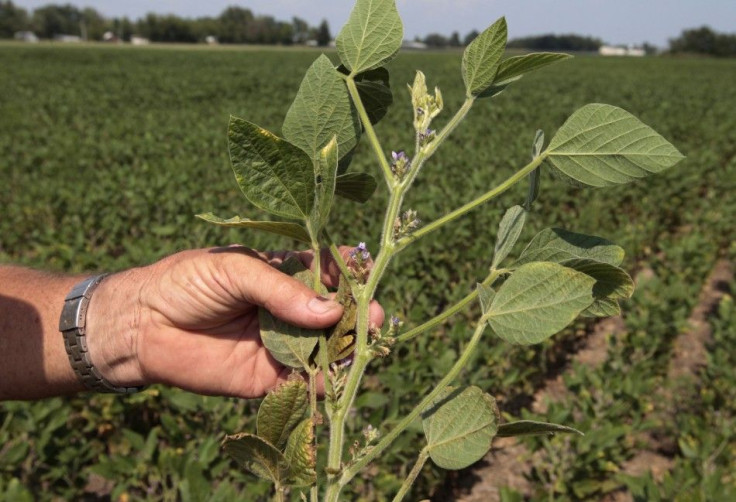Soy Diet With Isoflavones Can Help Menopausal Women Prevent Osteoporosis

Taking a diet rich in isoflavones and soy protein can help protect menopausal women against osteoporosis and bone weakening, suggests a latest study conducted by researchers at the University of Hull.
As a woman nears menopause, the production of the sex hormone estrogen drops. In women, estrogen is also responsible for protecting bone loss. Therefore, the bones of women who go through menopause become weak and brittle over a period of time. It is estimated that osteoporosis contributes to nearly 9 million fractures worldwide in a year.
According to the recent study findings presented at the Society for Endocrinology annual conference in Edinburgh, women who take soy diet with isoflavones have lower levels of proteins βCTX and P1NP, suggesting that they were at a lower risk of developing osteoporosis.
The researchers conducted their study on 200 women in early menopause. The team asked half of them to take a soy protein supplement daily with 66mg of isoflavones. The rest were asked to take soy protein alone.
At the end of six months, the researchers measured the bone activity in all the subjects by measuring the level of βCTX. The researchers found that the rate of bone loss had slowed down in women who were taking soy diet along with isoflavones. In addition, such women had also reduced the risk of developing a cardiovascular disease than the other women who took soy alone.
"We found that soy protein and isoflavones are a safe and effective option for improving bone health in women during early menopause. The actions of soy appear to mimic that of conventional osteoporosis drugs," said lead author of the study, Thozhukat Sathyapalan. "Supplementing our food with isoflavones could lead to a significant decrease in the number of women being diagnosed with osteoporosis."
© Copyright IBTimes 2024. All rights reserved.




















